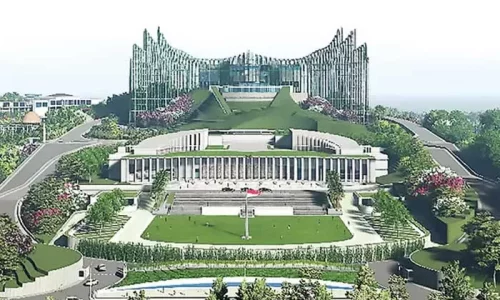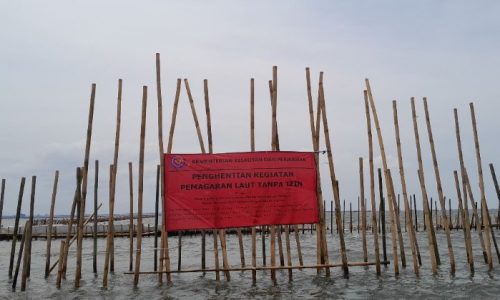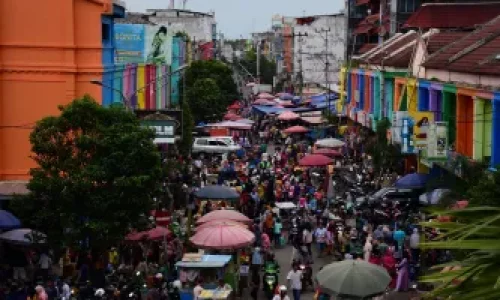The Financial Services Authority (OJK) is encouraging increased public literacy on crypto assets in order to deepen investor understanding and encourage the growth of the crypto industry.
Hasan Fawzi, Chief Executive of OJK for Supervision of Financial Sector Technology Innovation, Digital Financial Assets and Crypto Assets (IAKD), assessed that financial education regarding crypto assets is very important to protect consumers.
“We encourage all stakeholders, especially crypto asset traders, to play an important role in increasing crypto financial literacy and inclusion,” Hasan said on Tuesday, February 4, 2025.
This literacy strengthening was carried out along with the transfer of duties for regulating and supervising crypto assets from the Ministry of Trade (Kemendag) through the Commodity Futures Trading Supervisory Agency (Bappebti) to the OJK from January 2025.
“OJK has prepared a structured strategic framework to accommodate market dynamics, support innovation, while ensuring stability and protection for all stakeholders,” Hasan noted.
Currently, OJK divides the strengthening process into three main phases that are integrated, gradual and systematic. The first phase is a transition phase, with the authority ensuring the transition process runs smoothly and stably through a smooth landing approach that prioritizes market trust.
The second phase is a development that is a period of evaluation and strengthening of various aspects, including regulation, licensing and supervision. In this phase, OJK reassesses the effectiveness of existing regulations and adjusts to market dynamics and technological developments.
The final phase being the strengthening of sustainability and innovation priorities. At this stage, crypto asset trading activities will run normally with the support of new products and activities as needed.
According to Hasan, digital financial assets including crypto assets can bring enormous potential in driving innovation in the financial sector, increasing transaction efficiency, and opening wider access to digital financial services.
Tirta Karma Senjaya, Head of Bappepti, said that crypto assets have currently contributed a lot to the Indonesian economy, which can open up opportunities for developing innovation in the wider crypto asset ecosystem.
Crypto asset ecosystem
Meanwhile, Robby Bun, Chairman of the Indonesian Crypto Asset Trading Association (ASPAKRINDO) expressed the association’s commitment to continue developing a crypto asset ecosystem that can be accessed as widely as possible by the public.
Furthermore, ASPAKRINDO will continue to support the development of crypto products and services that are responsible for providing added value to society and the economy.
Hasan said that although there are a lot of potentials that can be exploited, there are also risks that must be managed carefully, such as market volatility, potential misuse for illegal activities, and threats to the stability of the financial system.
“Investor security is also a priority that will continue to be upheld. Strong regulations and strict supervision are the foundation of a healthy and sustainable crypto market,” Robby said.









